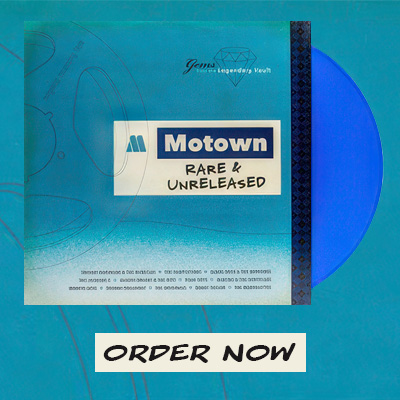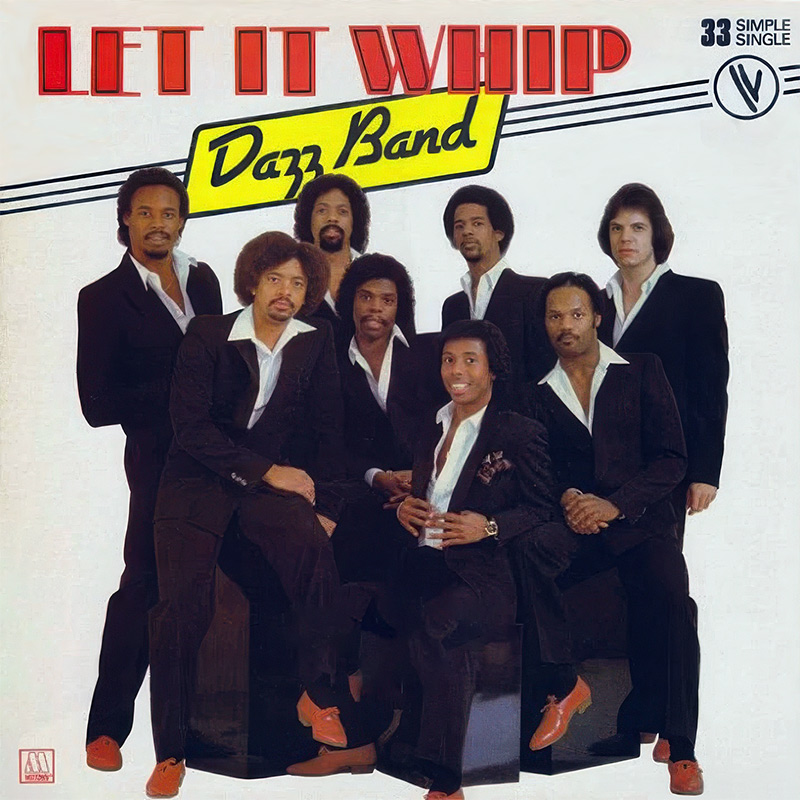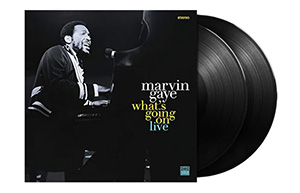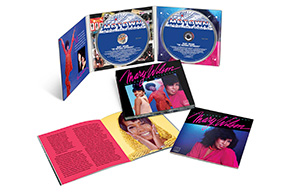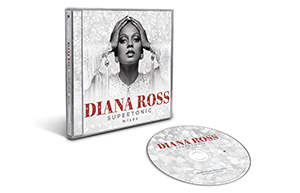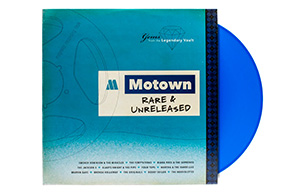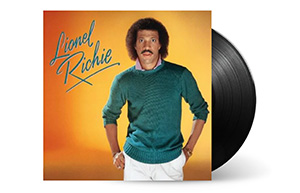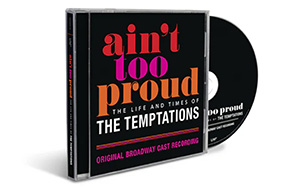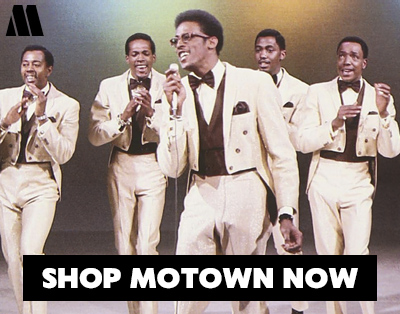The Dazz Band “Let It Whip”
Number One on the Billboard Hot Soul Singles chart in the week ending Saturday, May 29, 1982.
Leo’s Casino in Cleveland was a music venue with strong links to any number of top Motown artists who performed there during the 1960s. Bobby Harris, the singer and saxman who led the Dazz Band, continued the tradition, gigging at Leo’s behind Lou Rawls in the 1970s, then forming the first group of musicians through which he gained experience, an audience and, eventually, chart success. “We’d been playing an intricate jazz/fusion kind of music,” he said of his pre-Dazz days. “But to expand our audience, we started playing Top 40 songs and developed our live set into more of an entertaining show, as opposed to just musicians standing on a stage.”
Harris’ combo came to Motown’s attention in 1980, signing up and spending almost six months rehearsing their first album for the company, Invitation To Love, before hitting the 24-track Recording Connection studio in Cleveland to put the results on tape. Record buyers accepted the “invitation” on a modest scale, giving the Dazz Band a couple of minor R&B chart entries before “Let It Whip,” from their third album, blew the doors off.
“We wanted to create a song that they could make a dance out of,” said Leon “Ndugu” Chancler in The Billboard Book of Number One Rhythm & Blues Hits. “A song that was different in that it would be something that no one had ever really talked about on a record.” He added, “What kind of lyric content could we talk about that could end up being a dance? And Reggie came up with the idea of a whip.”
Andrews was known for his work with Patrice Rushen, but in 1980, he was an A&R assistant at Motown. Chancler, his “Let It Whip” co-writer, had previously produced George Duke. Together, the pair sparkled – and the Dazz Band liked what they heard. “I think part of it was we knew all the guys, and we knew what they could do and how they would do it.” With the help of drum machines. “At that time, we were using the Roland 808,” explained Chancler. “Reggie had the 808 and I had the Linn Drum, and we used a mini-Moog bass.”
The combination of technology and live musicians paid off: “Let It Whip” cracked the top of the Billboard R&B best-seller lists for five weeks in mid-1982 – and, better still, reached the Top 5 of the pop charts. There was one more celebration to come, when the Dazz Band shared – with Earth Wind & Fire, no less – the 1982 Grammy© award for Best R&B Vocal Performance by a group. The voters danced to that tune, whips or no whips.
This is yet another Motown hit with a lifespan across the decades. After its popularity during the ’80s, “Let It Whip” returned in the ’90s via versions by British-based jazz-pop band Matt Bianco and Australian pop group CDB. In 2004, former Motown hitmakers Boyz II Men selected the song for their album Throwback. But “Let It Whip” gained its greatest 21st century exposure in Pitch Perfect, the 2012 movie comedy about an all-female a cappella band, the Barden Bellas, and their male rivals, the Treblemakers. With a name like that, no wonder the boys chose “Let It Whip. Pitch Perfect corralled at least $100 million in worldwide boxoffice; the soundtrack album was a Top 10 success in various countries.
What’s in a name? The Dazz (for “danceable jazz”) Band have had quite a few, even as their line-up of musicians has evolved. Leader Bobby Harris was first in a combo known as Black Heat. Then he joined Bell Telephunk, which opened in his Cleveland hometown for the Crusaders and Billy Cobham. This aggregation became Kinsman Dazz, which secured a deal with 20th Century Records in 1978. After a couple of well-regarded albums, Harris reshaped the line-up and, with eight players, took on the Dazz Band identity. At which point, they arrived at Motown’s door and let it rip.




